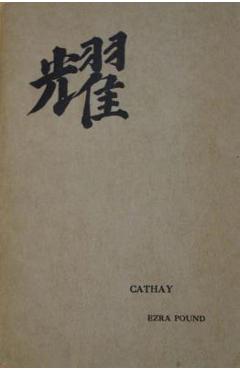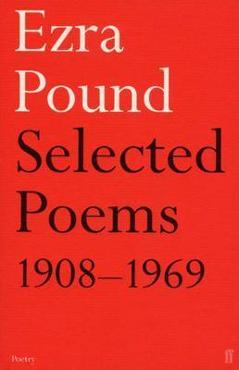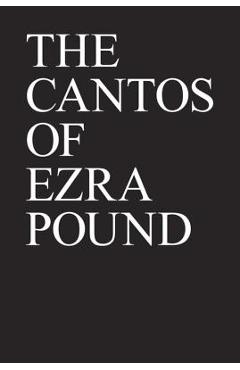A Walking Tour In Southern France: Ezra Pound Among the Troubadours - Ezra Pound
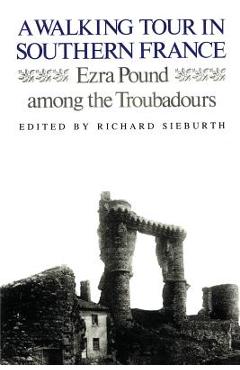
Detalii A Walking Tour In Southern
A Walking Tour In Southern - Disponibil la libris.ro
Pe YEO găsești A Walking Tour In Southern de la Ezra Pound, în categoria Poetry.
Indiferent de nevoile tale, A Walking Tour In Southern France: Ezra Pound Among the Troubadours - Ezra Pound din categoria Poetry îți poate aduce un echilibru perfect între calitate și preț, cu avantaje practice și moderne.
Preț: 106.84 Lei
Caracteristicile produsului A Walking Tour In Southern
- Brand: Ezra Pound
- Categoria: Poetry
- Magazin: libris.ro
- Ultima actualizare: 08-04-2025 01:30:25
Comandă A Walking Tour In Southern Online, Simplu și Rapid
Prin intermediul platformei YEO, poți comanda A Walking Tour In Southern de la libris.ro rapid și în siguranță. Bucură-te de o experiență de cumpărături online optimizată și descoperă cele mai bune oferte actualizate constant.
Descriere magazin:
Rummaging through his papers in 1958, Ezra Pound came across a cache of notebooks dating back to the summer of 1912, when as a young man he had walked the troubadour landscape of southern France. Pound had been fascinated with the poetry of medieval Provence since his college days. His experiments with the complex lyric forms of Amaut Daniel, Bertran de Born, and others were included in his earliest books of poems; his scholarly pursuits in the field found their way into The Spirit of Romance (1910); and the troubadour mystique was to become a resonant motif of the Cantos. In the course of transcribing and emending the text of Walking Tour 1912, editor Richard Sieburth retraced Pound\'s footsteps along the roads to the troubadour castles. What this peripatetic editing process revealed, he writes, was a remarkably readable account of a journey in search of the vanished voices of Provence that at the same time chronicled Pound\'s gradual discovery of himself as a modernist poet.

Produse asemănătoare

Journeys of a German England. A Walking Tour of England in 1782, Paperback/Carl Philip Moritz
![]() elefant.ro
elefant.ro
Actualizat in 06/06/2025
84.99 Lei

Walking the Tour of the Lake District. A nine-day circuit of Cumbria\'s fells, valleys and lakes, Paperback/Lesley Williams
![]() elefant.ro
elefant.ro
Actualizat in 06/06/2025
90.99 Lei

Charleston: A Historic Walking Tour - Mary Preston Foster
![]() libris.ro
libris.ro
Actualizat in 05/06/2025
178.51 Lei
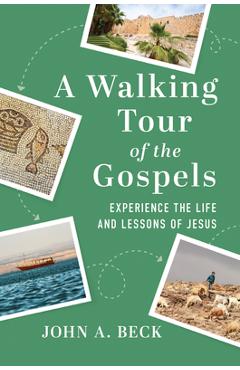
A Walking Tour of the Gospels: Experience the Life and Lessons of Jesus - John A. Beck
![]() libris.ro
libris.ro
Actualizat in 05/06/2025
111.55 Lei
Produse marca Ezra Pound

Ezra Pound: Poems & Translations (Loa #144) - Ezra Pound
![]() libris.ro
libris.ro
Actualizat in 05/06/2025
251.1 Lei
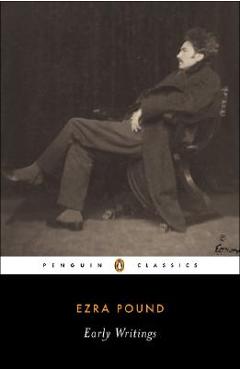
Early Writings (Pound, Ezra): Poems and Prose - Ezra Pound
![]() libris.ro
libris.ro
Actualizat in 05/06/2025
119.04 Lei

Fascist Voices: Essays from the \'Fascist Quarterly\' 1936-1940 - Vol 1 - Ezra Pound
![]() libris.ro
libris.ro
Actualizat in 05/06/2025
245.52 Lei
